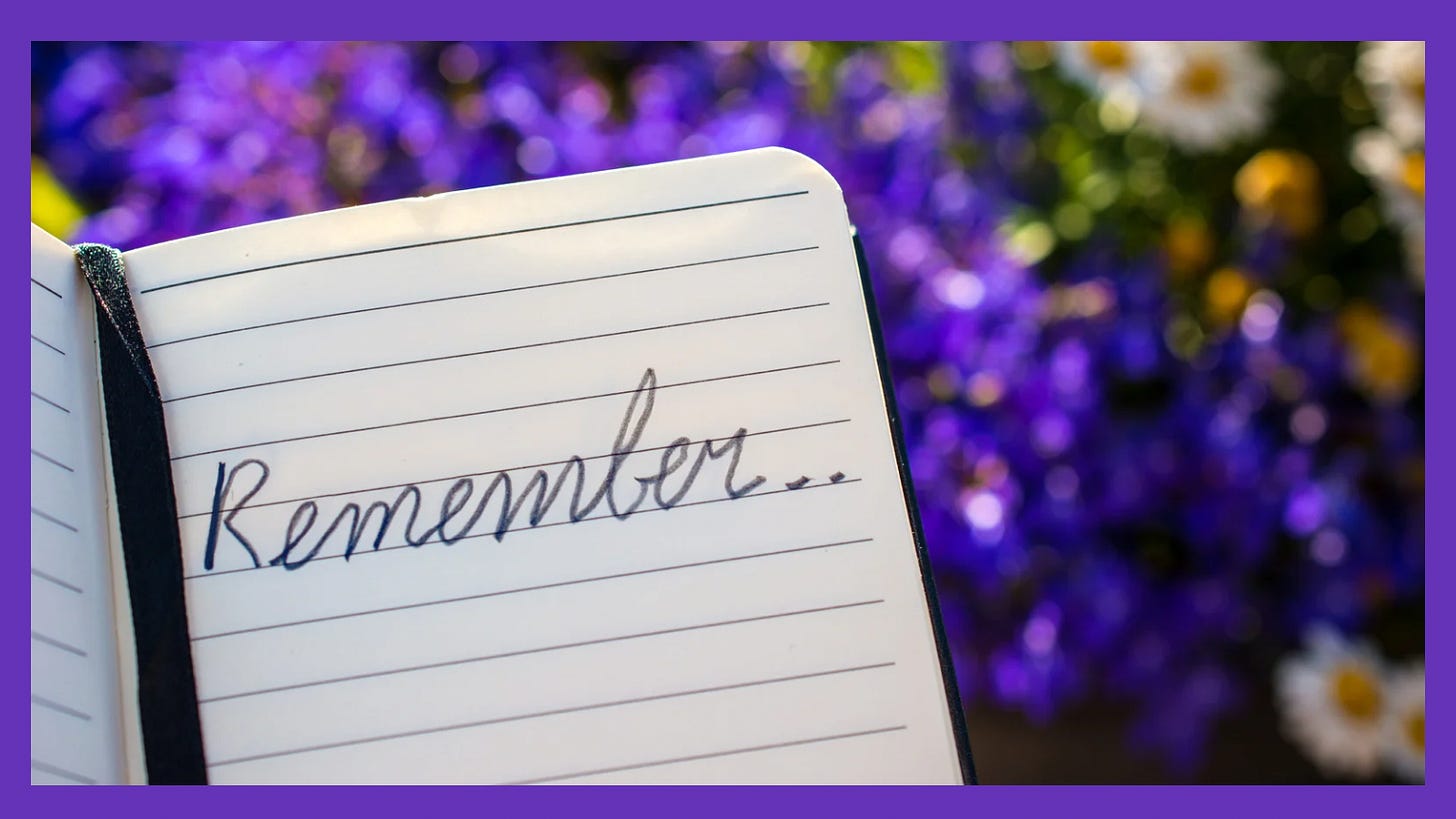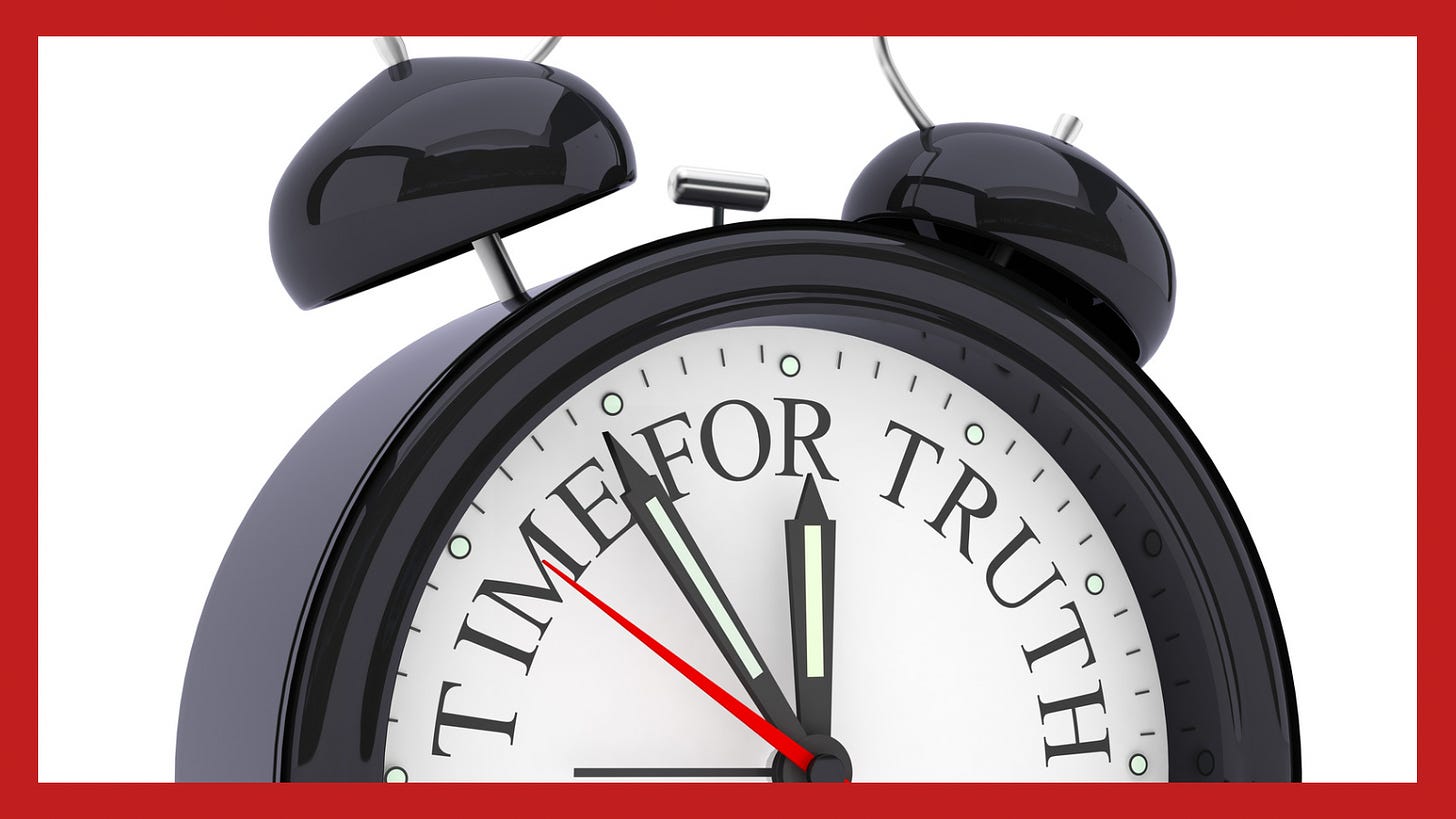The Sacred Act of Remembering: When History & Humanity Are Both Under Siege
Hope Infusion "Sacred Remembrance Edition" - April 27, 2025
A Pause Before We Begin: Grieving What Should Never Be Forgotten
When I sat down to finalize this week's reflection, my mind was ready — but my heart was broken open.
News broke yesterday that the administration deported a two-year-old American citizen to Honduras alongside her mother and sister, without due process, even as her father — a U.S. citizen — fought desperately to keep her here.
I am grandmother to a three-year-old. I cannot adequately articulate the depth of horror and grief this news awakened in me.
It struck deeper than headlines. It reached into something ancient and sacred — the primal instinct to protect the most vulnerable, the knowing that how a nation treats its children reveals the true state of its soul.
There is a direct line from the historical erasures I write about below to the cruelty unfolding before us now.
The impulse to erase history and the impulse to erase humanity are different branches of the same poisoned tree.
I ask your spirit to hold space for this truth as you read what follows.
Memory is not a luxury. It is a lifeline.
Facing Our Reflection: How Memory Shapes a Nation’s Soul
In recent months, I've found myself in a strange state of witness. I watch as historical records are quietly amended, as archives are "updated," as the documented past is subtly reshaped to better suit present narratives. What troubles me most isn't just that this happens, but how quickly we've come to accept it as normal.
A nation truly confident in its greatness has no need to sanitize its history. True strength comes from confronting our full story—the triumphs alongside the failures, the moments of glory beside the shameful chapters.
I'm reminded of Germany's approach to Holocaust remembrance—perhaps one of the darkest chapter any modern nation has had to face. Rather than burying this history, Germany has made remembrance central to its national identity, not to wallow in guilt, but to ensure such horrors are never repeated.
What does it say about our own national confidence when we cannot bear to look at our unedited past? When textbooks are scrubbed clean of uncomfortable truths? When we demand patriotism that looks more like amnesia?
These questions led me to write the following poetic reflection:
Remembering as Resistance
What does it say about a nation when its greatness must be manufactured in silence? When the bones beneath its foundations are brushed away like dust in the archive? They say we are "the land of the free" but edit the freedom fighters out of the curriculum. They say we are "one nation under God" but erase the prophets who looked too much like the poor. They burn the books. Then deny the fire. Every empire that fears its reflection starts by smashing the mirror. Then it builds a new one—gilded, shallow, and blind to the blood in its frame. Our living elders remember. The ancestors remember. And now I am remembering too. They call it patriotism. But in reality—it’s possession. Of minds. Of meaning. Of memory. Because if they control the past, They control the narrative. And if they control the narrative, They control the future. This is why they fear the Black storyteller. The Indigenous record keeper. The Jewish survivor. The Queer archivist. The immigrant with nothing but memories sewn into the lining of her coat. This is why I've begun keeping hard copies. This is why we pass down our stories from generation to generation. This is why truth, once tasted, can never be returned. Because there is nothing more dangerous to an empire built on lies than a people who remember!
Parting Thoughts
Memory is not just personal—it's political. It's revolutionary. When we commit to remembering truthfully, we engage in an act of resistance against those who would prefer we forget. The most radical thing we can do in times of historical revisionism is to become living archives ourselves.
This week, I challenge you to reclaim one piece of history that's being erased or denied. Read a banned book. Listen to an elder's story. Visit a museum that confronts difficult truths. Document what you learn, share it widely, and refuse to participate in collective amnesia. Our future depends on how honestly we remember our past.
What histories are you carrying forward? I'd love to hear from you in the comments.
With memory as resistance,
Olivia
If you found this call to preserve our true history meaningful, please like, re-stack, or share with others. Your support in helping grow this community of truth-seekers and hope-bearers is deeply appreciated. Together, we can ensure that what deserves to be remembered will never be forgotten.








